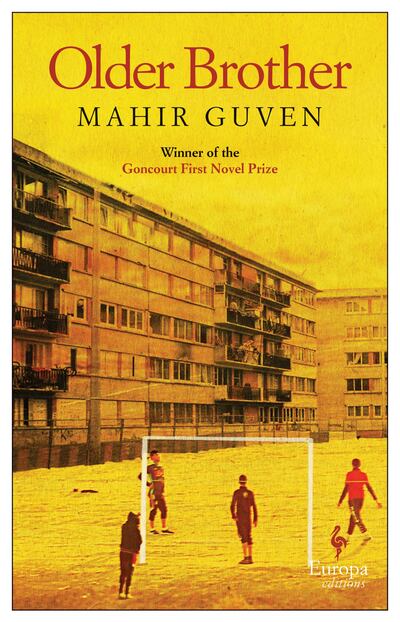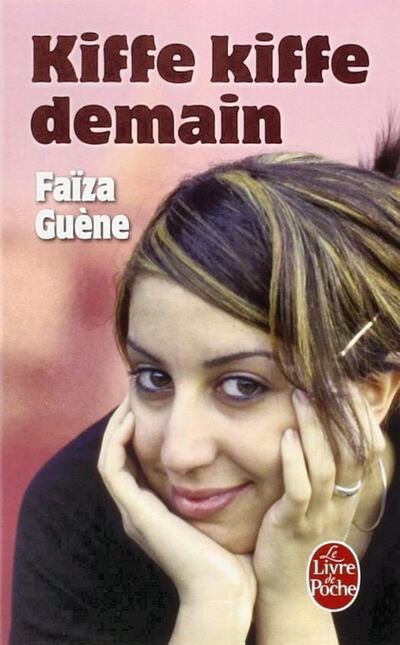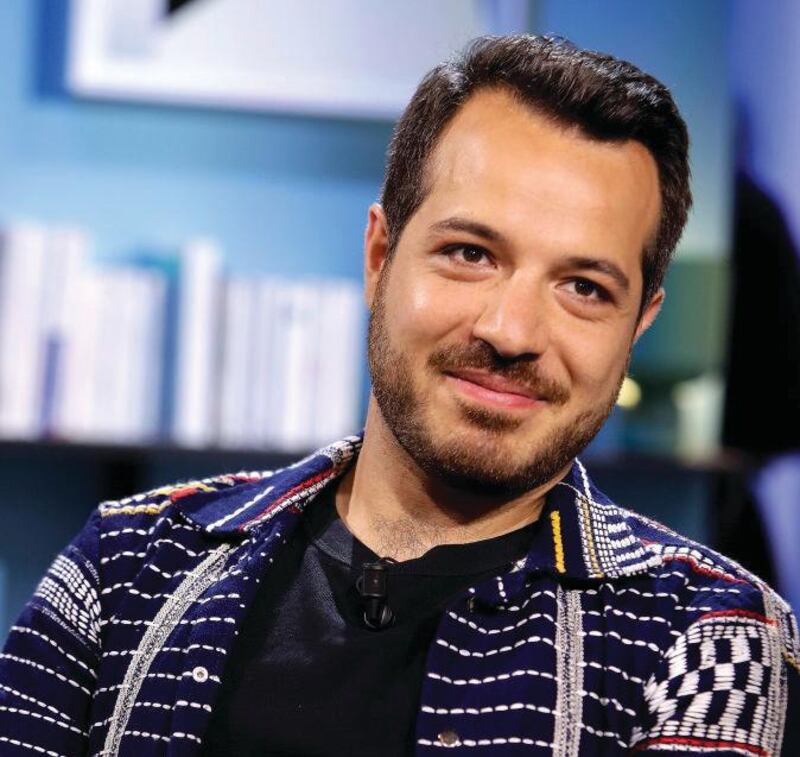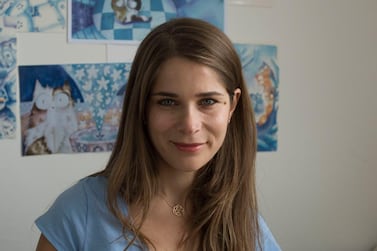When French author Faiza Guene's book, Kiffe Kiffe Demain (Just Like Tomorrow) was published in 2004, it took the world by storm. More than 400,000 copies have been sold and it was translated from French into several languages, while it is now studied in high schools in countries such as the UK.
The book, which is about a girl living in the Parisian banlieues, or suburbs, made Parisians think about the communities of immigrants living on the outskirts of the city and how difficult it was on a socio-psychological level to cross the "border" into the capital. It also introduced the rhythmic way of speaking verlan, an urban French slang often infused with Arabic words, into mainstream French literature.
In 2017, Mahir Guven, a young French writer of Turkish and Kurdish origin, followed in Guene's footsteps by writing a book about the difficulty immigrants, and especially those who are Muslim, had integrating into French society. Last year, that novel, titled Grand Frere (Older Brother), won the Goncourt First Novel Prize. The English version, translated by Tina Kover, was released on Tuesday.
Guven's prose is far more slang-heavy than Guene's in Kiffe Kiffe Demain, but it drew praise from literary critics, with one saying the writer had delivered "an energetic renewal of the French language", given the book's unique rhythm.

Arabic-influenced back slang has been in use in France since the 1990s, about the same time that rap and hip-hop were developing in the country, and now many young people from various neighbourhoods will use some form of it. Guven says he used it in his book to show how the younger generation speaks.
It's easy to imagine what a challenge the novel presented for Kover. She even remarked that it was "certainly the most slang-heavy novel I've translated. I translated the novel Life, Only Better by Anna Gavalda and that had quite a lot of slang in it, but this was on a different level and it was another type of slang entirely".
While Sarah Ardizzone, who translated Kiffe Kiffe Demain into English, spent time living in Marseille to brush up on the verlan spoken there, Kover went online to find slang dictionaries and watch vloggers who spoke in slang on their YouTube channels to help her find her feet.
Grand Frere focuses on the experience of immigrants in France, where racism remains a problemdespite there being a greater willingness to talk about immigrants and their place in society. The war in Syria has not helped matters, with about 1,900 French citizens leaving to fight for ISIS, according to security research institute the Soufan Centre, while tension also rose after the terrorist attacks carried out in Paris in 2015.

Guven's story follows two unnamed brothers of Franco-Syrian origin. The older one, a private driver, is the main narrator, while the younger, more idealistic brother is a nurse who has left for Mali on a humanitarian mission but is suspected of being in Syria.
Many of the characters came from the author's own experiences, as well as being based on people whose lives intrigued him. He had often wondered what it was like to be an Uber driver, "someone who travels through different neighbourhoods and through society, who can talk about his vision of the world," and this person became the character of the older brother. He has to contend with his grumpy Syrian father, a communist who came to study in France, married a French woman and ended up as a Birkenstock-clad taxi driver.
The older brother proves to be a reliable narrator, describing Paris and its outskirts to the reader, as well as musing on how various communities live side by side and his worries about his missing younger brother. When he shows up, it's up to the older brother to figure out what his sibling has been up to and what to do with him. The startling conclusion of Grand Frere is deliberately left open-ended, as Guven had a sequel in mind.
But for the moment he says he is focusing on his job at Parisian publishing house Lattes, where has been appointed head of a literary imprint.
He is responsible for bringing a variety of new voices into French literature, a growing trend that indicates the publishing community is belatedly acknowledging that its literature should reflect society. Guven says he will look beyond Paris "for people who have energy" and he has already received a manuscript for a debut novel he commissioned from a Tunisian-French teacher who has written about the Tunisian revolution of 2010. "I believe in the power of emotion," says Guven, who read manga and science fiction when he was younger as he felt disconnected from the more classical books he was reading at school. "Storytelling comes from your cultural milieu and people at work laugh because when I present a book to them, I always begin by telling a story."
His cultural milieu is somewhat atypical for immigrants in France. His parents were both political refugees – his father was Kurdish and his mother is Turkish. Guven grew up stateless until he received his Turkish citizenship at the age of 12, with his French citizenship being awarded soon after. He lived with this mother and grandmother on the outskirts of Nantes, in western France, and came to Paris after university to work as a consultant.
He also dabbled in journalism, a career that began while he was planning a cycling trip. During his preparations Guven had a chance encounter with journalist and former director of the newspaper Le Monde, Eric Fottorino, who was organising a cycling trip himself and invited Guven along for the 3,479-kilometre journey. After the trip, Fottorino hired Guven as a manager at a weekly publication he founded called Le 1, where Guven stayed for four years. "At Le 1 I met authors and realised they were normal people. Having been athletic, I realised that many of the qualities you need in sport, you also need to write, such as endurance, discipline and patience," he says.
A publisher, Philippe Rey, then spotted a short and lyrical text Guven wrote on Facebook and encouraged him to write a book. And thus, Grand Frere was born.
Guven says he still carves out one or two hours a day in the morning to write. "I'm in pyjamas in my bed, the room is a mess with papers everywhere and I love it."
He has written a manuscript for another novel, to be published in March. The subject is another "hot topic" – women and equality. Guven says it's about a man who is writing a story about waking up in a world dominated by women.
"To write, you have to have two brains," he says. "You have to be enormously narcissistic. The shelves in bookshops are heaving with books and you have to believe that yours will be interesting to people, while at the same you have to be very modest so that you can judge what you're writing. You have to write impulsively and also be rational."







